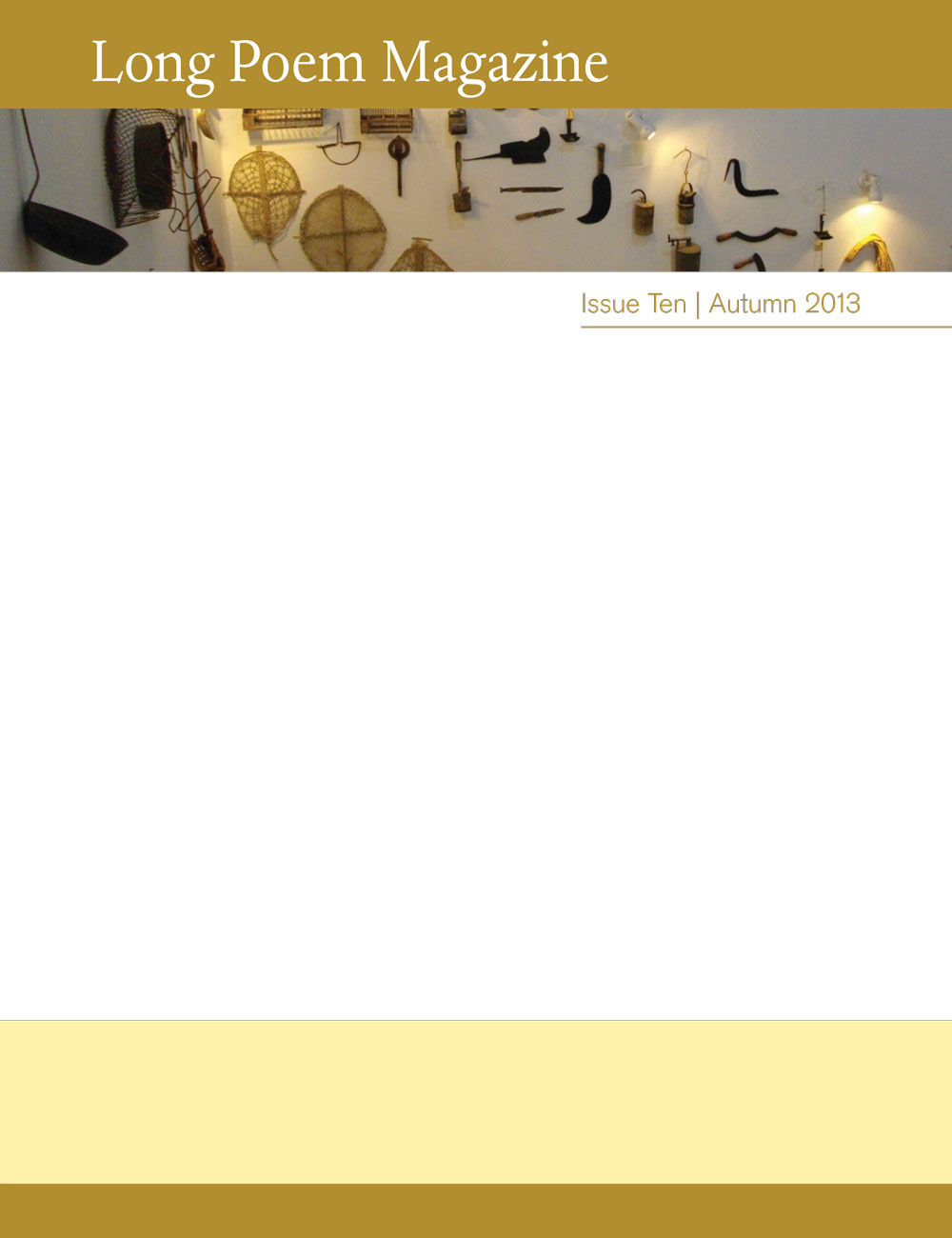When I heard that Seamus Heaney had died (30th August), I began to think of the poems that have held special significance for me. One of my favourites is ‘Clearances’ (The Haw Lantern, 1987), a sequence written in memory of his mother, which I returned to when writing my own mother sonnets. Two lines always catch my breath: When all the others were away at Mass/ I was all hers as we peeled potatoes. I also hear: ‘She was all mine.’ Like all great poets, Heaney can touch you in ways that feel intensely personal. I asked some past and current contributors what Heaney and his poems have meant to them.
Alfred Corn also refers to ‘Clearances’, and speaks of a foreshadowing in Heaney’s elegies to both his parents: ‘“Clearances” gives a moving portrayal of his mother and recounts her death; and “Squarings”, from the next book, does much the same for his father. An elegy eulogises the deceased, certainly, but it is also a dry run for the elegist’s own eventual departing this life. Both sequences have that aspect. In The Human Chain, his most recent book, Heaney moved a step closer to confrontation with mortality in a brief sequence titled “Chanson d’Aventure”, which describes being driven in an ambulance to hospital. Directly after this, the book’s title poem describes the manual labour of heaving sacks of meal onto a trailer, an action Heaney turns into a metaphor for the final unloading of our mortal coil. He realises he would no longer have the strength to do such heavy work, labour characterised in the poem as: A letting go which will not come again./ Or it will, once. And for all.’
Richard Berengarten quotes Blake to sum up the essence of Heaney’s work: ‘RIP Seamus Heaney, a poet whose best work embodies the magnanimity, honesty and modesty in which the minute particulars need to be grounded.’
Terence Dooley refers to the poet’s personal kindness: ‘My mother, Mary Dooley, followed her English degree, obtained in her 70s, with an M.A. on Heaney. The great pride and joy of her later years were the encouraging and generous notes he sent her during her work, and his letter of congratulation on its completion, framed so that she could look at it every day.’
Cristina Navazo-Eguía Newton sent us a tribute poem, ending with a quote from ‘The Otter’ (Field Work, 1979):
Inside his roofless poems, I was at home
among words like loaves, like gasping mackerel,
in the wavering, slant coincidences of sounds.
The poems loosened off the ground and went down roads
skirting landfall, on paths through wilderness
where one could see things,
and thank God for the slow loadening.
Timothy Adès refers to the political divisions of the poet’s native Ireland: ‘I mourn Seamus Heaney, and am moved by the distress of many friends. His informal partnership with the Laureate, Ted Hughes, honoured them both. In a fissured community he was wise and sensitive. His acclaimed translation, Beowulf, bridges a deep divide. When another great poet, Edwin Morgan, presided over what is now the Dryden competition, my 33 Sonnets of Cassou were kindly compared to the “Glanmore Sonnets”: and so I went on translating poetry. I should read him more.’
He also touched those living and fighting in extremis. Adnan al-Sayegh: ‘I read Seamus Heaney’s poems for the first time in the mid-80s during the most intense period of the Iran-Iraq war. His translated poems in Arabic journals helped me to have faith in humanity throughout my years as a conscripted soldier and as an exile. Heaney was as popular in the Arabic world as the other greats who are well-known and beloved all over the world. Poetry builds enlightened bridges between different cultures and countries and brings together people who may otherwise not have met. Heaney’s beautiful poems will stay with us forever in our libraries and in our souls.’
Many thanks to all those who responded, and we are sorry we haven’t been able to include everyone.
Lucy Hamilton
As we go to press, we are very saddened to hear of Martina Thomson’s passing. Martina was a much-loved and admired poet and friend, whose presence will be greatly missed. We were pleased to publish her poem ‘Visit to Mr James’ in Issue 9.
